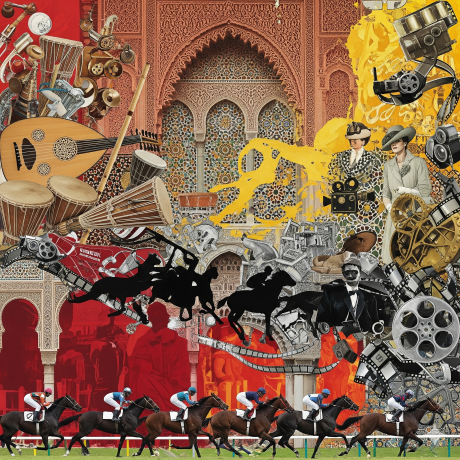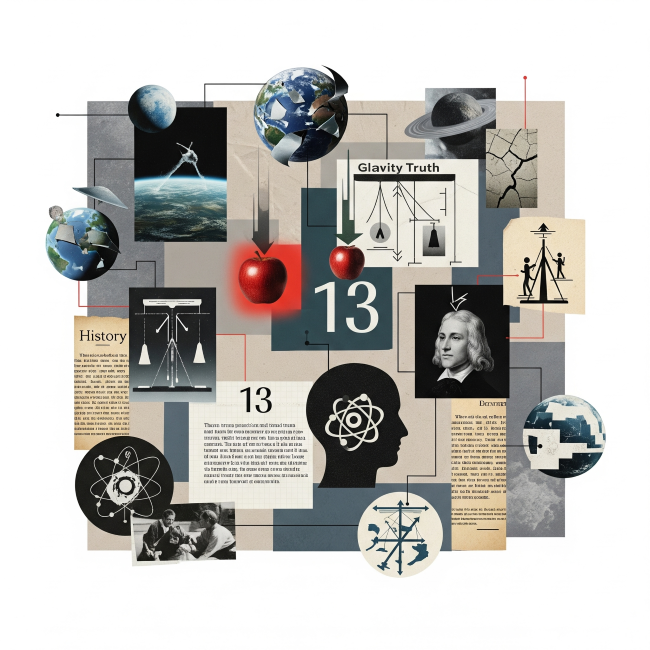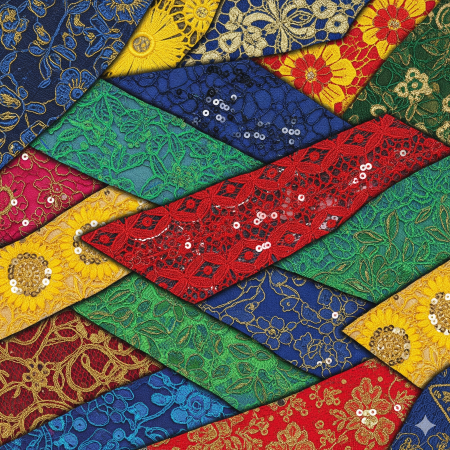The Africa They Never Taught Us In School
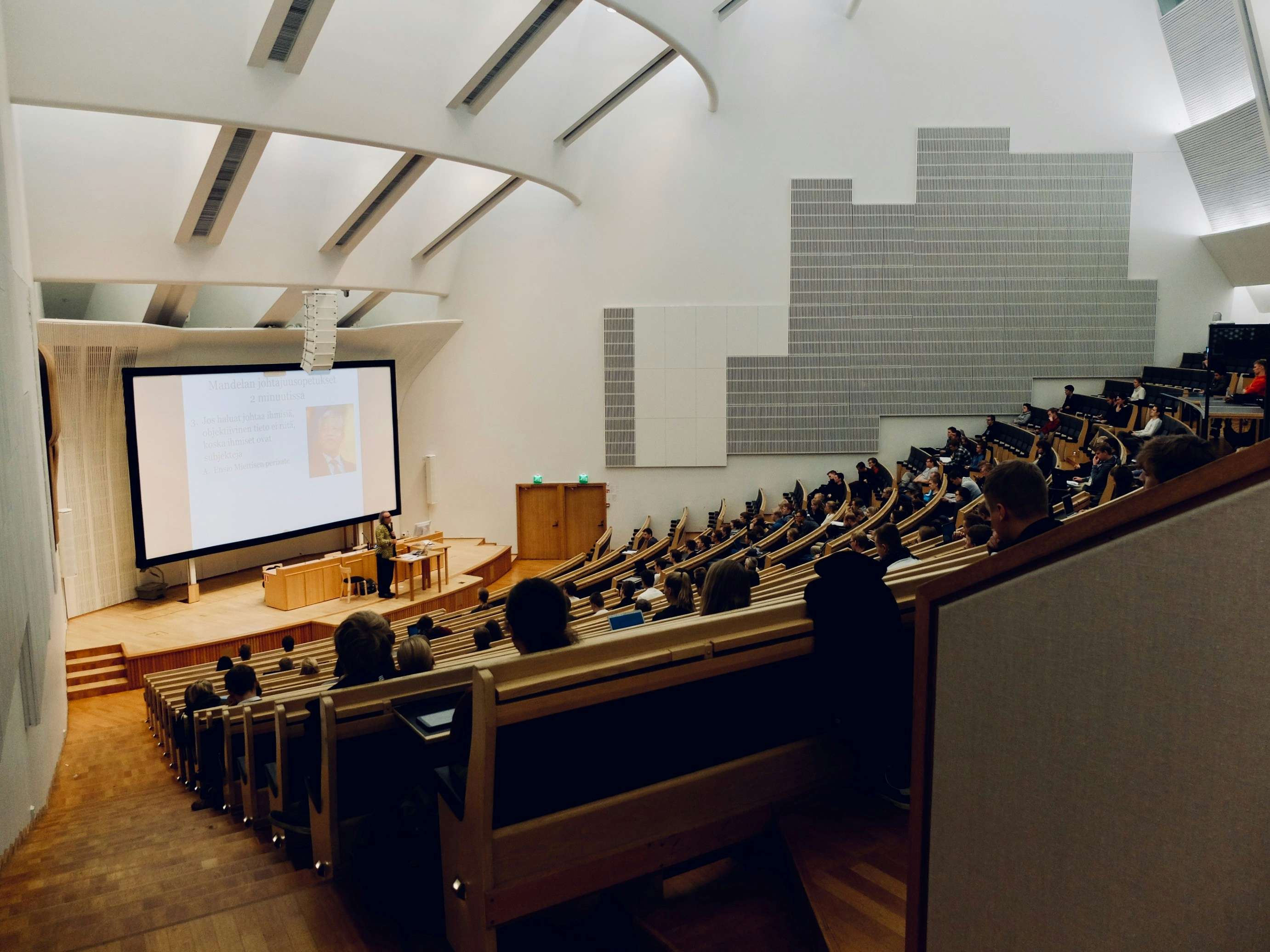
AUTHOR: Adedoyin Oluwadarasimi
THE AFRICA THEY NEVER TAUGHT US IN SCHOOL
Beyond historical narratives of colonialism and poverty, a more vibrant and dynamic Africa is surfacing one characterized by innovation, cultural significance, and untold histories that merit inclusion in every educational curriculum. In our schooling, Africa was frequently depicted as a continent lacking in resources.
The curriculum emphasized colonial histories, slave trade timelines, and Western "civilization" as the standard of progress. However, there exists a profound and rich Africa an Africa of empires, intellectuals, engineers, and innovators that was either overlooked or entirely absent from the discourse.
Presently, a movement among young Africans is underway to reclaim that narrative. Through platforms such as TikTok and Twitter, alongside grassroots activism and academic writing, a cultural renaissance is occurring across the continent. Individuals are not merely questioning what Africa lost; they are uncovering what Africa has always possessed.
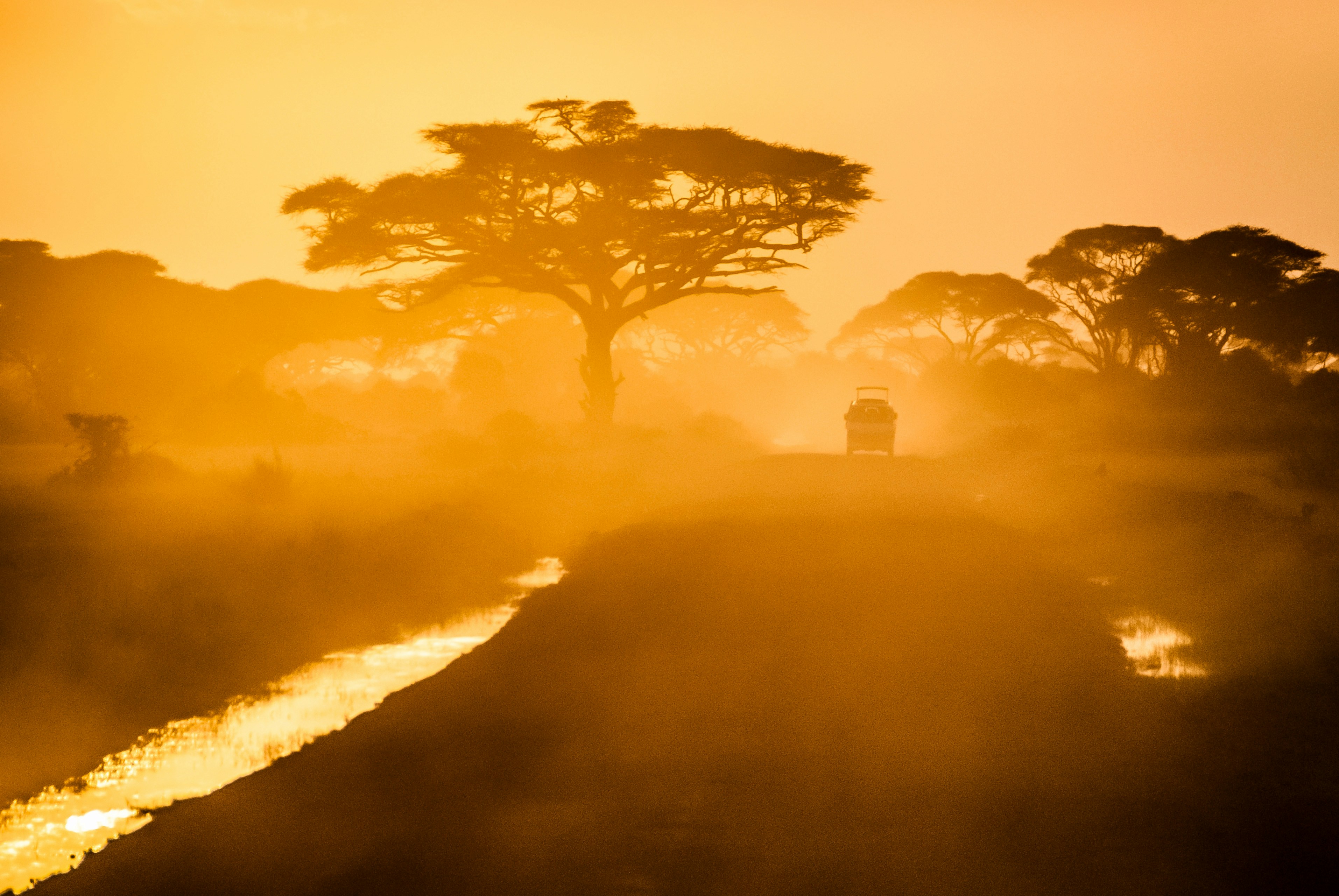
The Africa Before Colonization
Long before Europe's so-called "discovery" of Africa, powerful empires such as Mali, Songhai, Kush, and Great Zimbabwe flourished. The ancient city of Timbuktu in Mali was home to one of the oldest universities in the world and housed a library containing over 400,000 manuscripts, many of which included works on astronomy, mathematics, and philosophy. Historians now affirm that the Kingdom of Kush was a formidable rival to ancient Egypt in terms of engineering and governance.
The Nubian pyramids still stand in Sudan, often eclipsed by the more renowned structures of Egypt. Yet, these civilizations are seldom emphasized in conventional African history curricula. The city of Great Zimbabwe, known for its stone architecture and organized society, thrived independently of foreign influence.
Culture
Read Between the Lines of African Society
Your Gateway to Africa's Untold Cultural Narratives.
Its impressive walls, constructed without mortar, continue to puzzle many scholars today. This is the architectural legacy we should take pride in, yet it is often merely a footnote in educational texts. Moreover, beyond the grandeur of empires, precolonial Africa was characterized by flourishing local economies, sophisticated governance systems, and sustainable agricultural practices.
Trade routes connected North and West Africa, facilitating the exchange of gold, salt, kola nuts, textiles, and ideas.
Hidden Figures and Forgotten Geniuses
How many students are aware that the wealthiest individual in history is not Elon Musk or Jeff Bezos, but Mansa Musa of Mali? In 1324, he journeyed to Mecca with such an abundance of gold that he disrupted economies along his route, Or that Queen Amina of Zazzau (in present-day Nigeria) commanded military campaigns and expanded her territory with a prowess comparable to her male counterparts?
Even more contemporary figures, such as Funmilayo Ransome-Kuti, who was the first woman in Nigeria to drive a car and a formidable anti-colonial activist, are hardly acknowledged in educational materials. Additionally, we seldom hear about Cheikh Anta Diop, a Senegalese scholar who challenged Eurocentric narratives and demonstrated through scientific and linguistic evidence that ancient Egyptians were Black Africans.
His scholarly bravery has paved the way for the African-centered thought that is gaining traction today. Another often overlooked individual is Wangari Maathai, the first African woman to receive the Nobel Peace Prize. Through her Green Belt Movement in Kenya, she integrated environmental sustainability with women's rights long before it became a global focal point.
Africa's Scientific & Technological Legacy
In contrast to prevailing portrayals, Africa was never devoid of scientific knowledge. The Dogon people of Mali, for instance, possessed astronomical insights about the Sirius star system long before the advent of modern telescopes. Ethiopians developed indigenous writing systems and timekeeping methods. Iron-smelting technology originating from the Nok culture (in present-day Nigeria) predates much of what transpired in Europe during the same era.
In Tanzania, early evidence of human tool-making was discovered in Olduvai Gorge, demonstrating African ingenuity spanning millions of years. From agriculture to metallurgy, Africa laid the groundwork for early civilizations. In Benin, the renowned bronze castings reflect a profound understanding of metallurgy, design, and symbolic storytelling. These creations were not merely artistic expressions; they constituted records of royal history, cosmology, and political structures.
Culture
Read Between the Lines of African Society
Your Gateway to Africa's Untold Cultural Narratives.
The Contemporary Renaissance
Today, a fresh wave of African creators, scholars, and innovators is working to rectify the historical record. Platforms such as The History of Africa Podcast, Zikoko, and OkayAfrica are sharing narratives that were excluded from traditional textbooks. Afrofuturist authors like Nnedi Okorafor and scholars like PLO Lumumba are enabling the upcoming generation to envision Africa beyond the confines of charity and crisis. Even Nollywood and music artists such as Burna Boy are revitalizing African pride by merging ancient culture with contemporary influences.
His Grammy-winning album "Twice As Tall" features lyrics celebrating African power, unity, and resilience. Similarly, artists like Tems, Wizkid, and Rema are shaping global sounds rooted in African traditions. Visual artists such as Laolu Senbanjo and Ibrahim Mahama are integrating African symbolism into modern art, receiving international acclaim.
These cultural exports are instigating a renaissance of thought, style, and storytelling that challenges outdated narratives. Online learning platforms, digital archives, and fashion movements like Afrocentrism are re-educating a new generation. People are embracing African textiles, hairstyles, and languages with pride not merely as trends but as affirmations of identity.
Why This Matters Now
In a continent where 60% of the population is under the age of 25, it is crucial to reimagine the manner in which Africa is taught. The outdated curriculum undermines confidence, promotes Eurocentrism, and alienates youth from their heritage. We require an education system that fosters pride rather than pity.
One that commences with African achievements, not colonization. Rewriting the narrative empowers students to innovate rather than imitate. If children grow up believing Africa's history commenced with European arrival, they adopt an identity that is not their own. However, when they are aware of their heritage of scientists, queens, kings, and builders they approach life with greater purpose.
Moreover, the manner in which we educate about Africa impacts policymaking, innovation, and global engagement among African nations. A student who recognizes that their ancestors constructed cities, charted the stars, and advanced medicine will approach nation-building with a different perspective. History encompasses not only what transpired; it is also about who narrates the story.
Conclusion
"The Africa That Was Not Presented in Educational Institutions" is more than a slogan; it is a call to action. A challenge to delve deeper, seek knowledge beyond conventional textbooks, and ask more profound questions. As we uncover our past, we reshape our present and empower our future. This exploration is not solely academic; it is cultural, spiritual, and, above all, essential.
Culture
Read Between the Lines of African Society
Your Gateway to Africa's Untold Cultural Narratives.
AUTHOR: Adedoyin Oluwadarasimi
You may also like...
When Sacred Calendars Align: What a Rare Religious Overlap Can Teach Us

As Lent, Ramadan, and the Lunar calendar converge in February 2026, this short piece explores religious tolerance, commu...
Arsenal Under Fire: Arteta Defiantly Rejects 'Bottlers' Label Amid Title Race Nerves!

Mikel Arteta vehemently denies accusations of Arsenal being "bottlers" following a stumble against Wolves, which handed ...
Sensational Transfer Buzz: Casemiro Linked with Messi or Ronaldo Reunion Post-Man Utd Exit!

The latest transfer window sees major shifts as Manchester United's Casemiro draws interest from Inter Miami and Al Nass...
WBD Deal Heats Up: Netflix Co-CEO Fights for Takeover Amid DOJ Approval Claims!

Netflix co-CEO Ted Sarandos is vigorously advocating for the company's $83 billion acquisition of Warner Bros. Discovery...
KPop Demon Hunters' Stars and Songwriters Celebrate Lunar New Year Success!

Brooks Brothers and Gold House celebrated Lunar New Year with a celebrity-filled dinner in Beverly Hills, featuring rema...
Life-Saving Breakthrough: New US-Backed HIV Injection to Reach Thousands in Zimbabwe

The United States is backing a new twice-yearly HIV prevention injection, lenacapavir (LEN), for 271,000 people in Zimba...
OpenAI's Moral Crossroads: Nearly Tipped Off Police About School Shooter Threat Months Ago
ChatGPT-maker OpenAI disclosed it had identified Jesse Van Rootselaar's account for violent activities last year, prior ...
MTN Nigeria's Market Soars: Stock Hits Record High Post $6.2B Deal

MTN Nigeria's shares surged to a record high following MTN Group's $6.2 billion acquisition of IHS Towers. This strategi...

